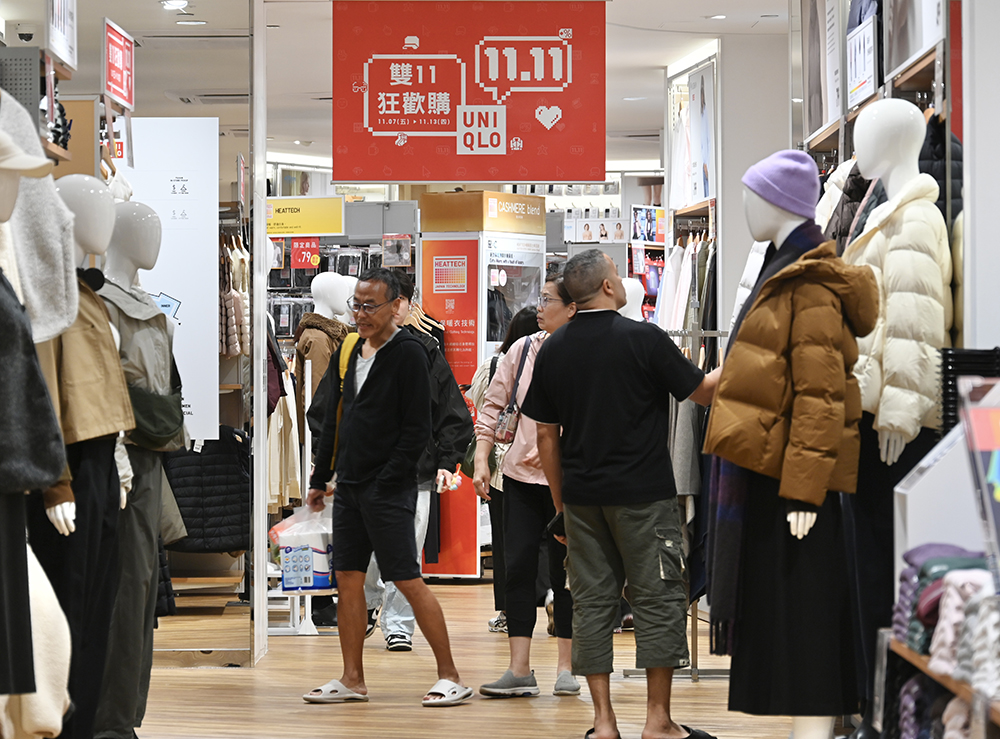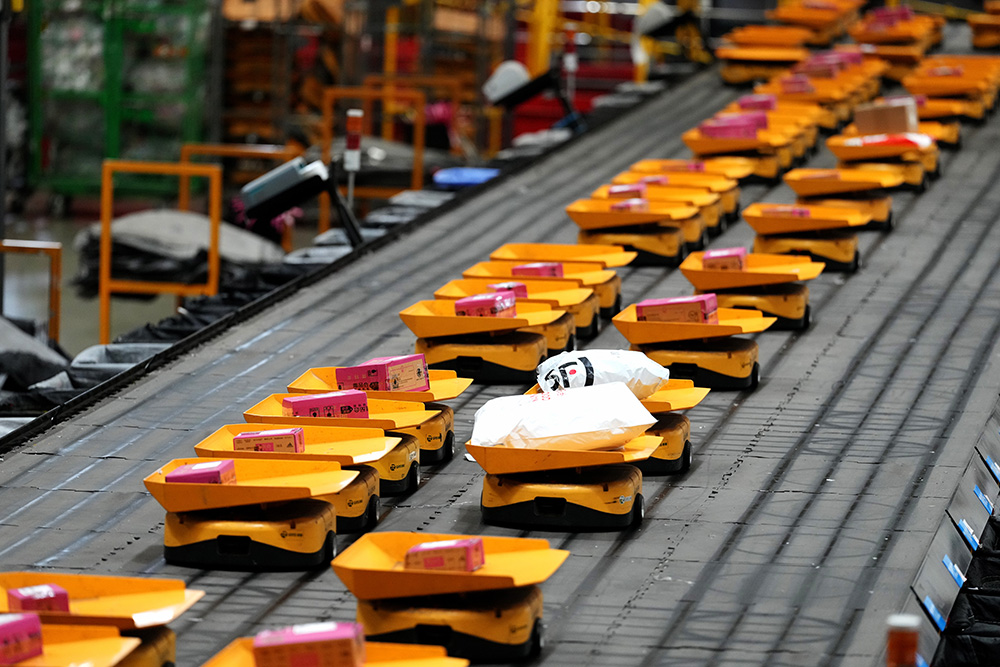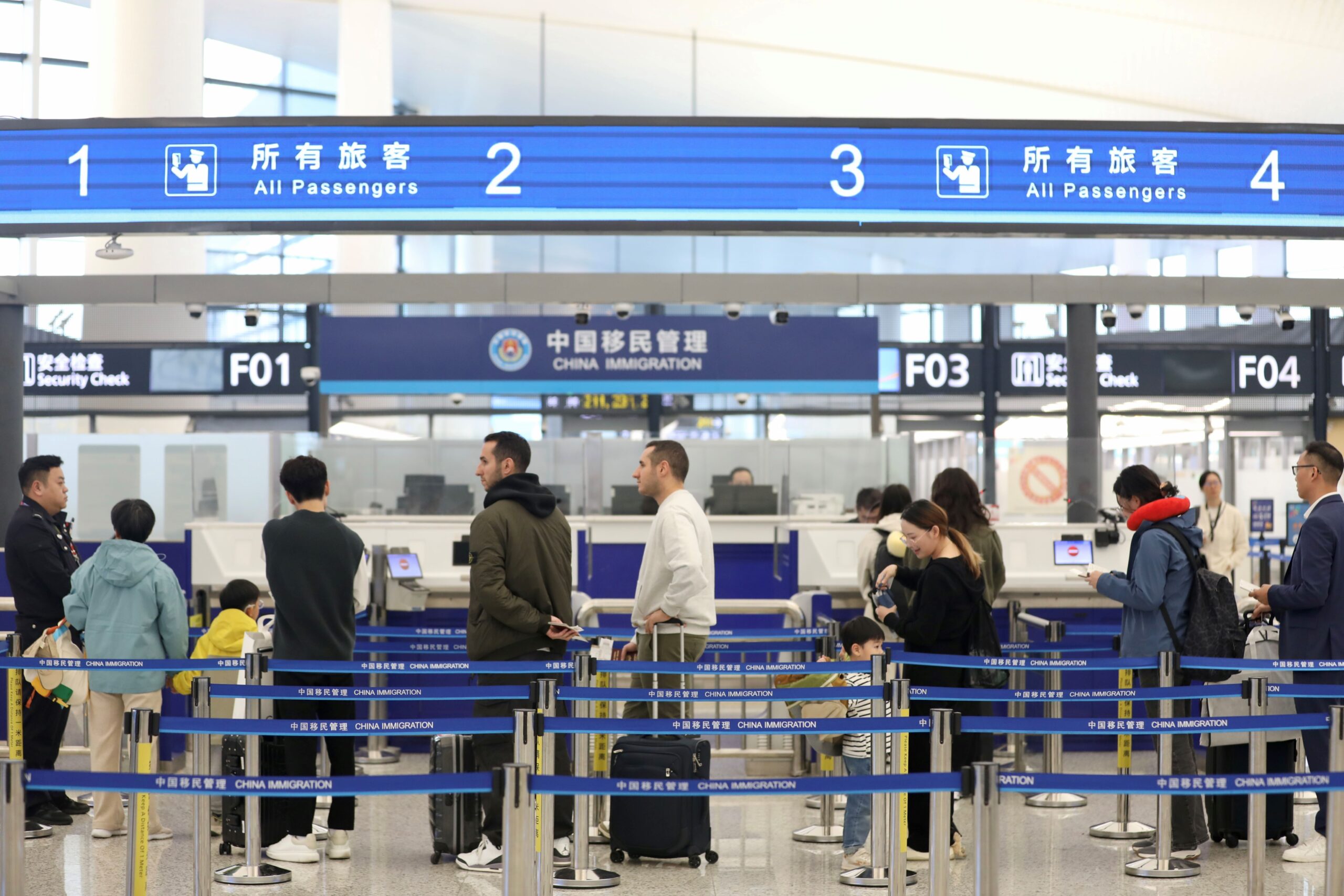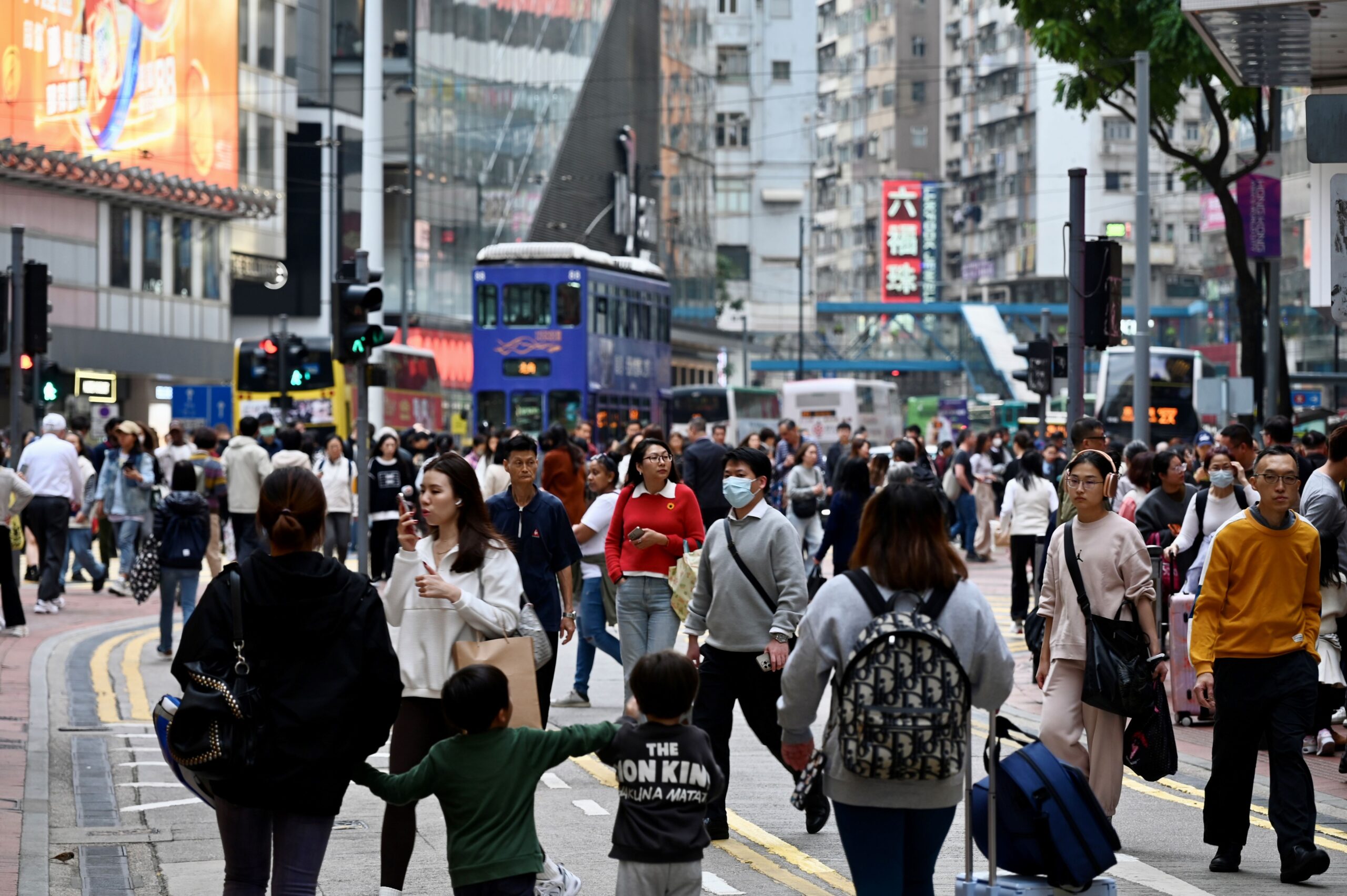China’s annual online “Double 11” shopping festival concluded on November 11th with smarter and more emotional consumption.
The “Double 11” festival concludes on November 11th (11/11), but it lasts around a month. A modern festival intended to celebrate those who are single, it has evolved into a massive shopping festival similar to Black Friday.
This year, it plays a vital role in unleashing domestic demand and promoting the recovery of the consumer market.

AI Products Surges
On Alibaba’s Tmall, sales of consumer electronic products, including AI glasses and robots, have surged during the shopping festival.
Tmall has reported that sales of smart glasses had jumped 25-fold year on year by October 30th, and robotics brands such as DEEP Robotics and UBTECH Robotics have recorded double-digit growth.
On JD.com, sales of consumer electronic products with AI features have more than doubled year on year. Smart glasses have seen the fastest growth at 346 per cent, followed by 238 per cent for digital cameras and 220 per cent for action cameras.

Emotion Drives Consumption
Beyond tech products, emotion and experience are increasingly shaping purchase decisions.
Tmall data shows that sales of gaming merchandise and blind boxes have more than doubled since the start of the shopping festival. “The emotional value of a product has a great impact on consumer decisions,” said Yang Xiujie, e-commerce director of Shandong Yihao Customised Brand Management Co., Ltd.
Experts say the shift also reflects demographic changes and cultural trends — from elderly consumers fueling the silver economy to Gen Z shoppers driving emotional consumption.
AI-powered E-commerce Development
AI is also transforming the e-commerce sales process itself.
For example, JD’s AI-powered digital humans assisted more than 40,000 merchants in their livestreaming sessions. The number of inquiries handled by intelligent customer service chatbots surpassed 4.2 billion.
And Alibaba has accelerated steps to promote the large-scale deployment of AI on Taobao and Tmall, and integrate large language models into the platforms’ core search and recommendation engines to entice more consumers and increase sales.
Hong Yong, an associate research fellow at the Chinese Academy of International Trade and Economic Cooperation, said: “AI is deeply reshaping the decision-making process and operational efficiency in the e-commerce field. Consumers can select products using AI-enabled search tools, while AI helps merchants lower costs and improve efficiency in terms of product design, marketing and customer services.”
According to him, China’s e-commerce sector is gradually shifting toward an innovation-driven growth stage fueled by the accelerated application of AI-powered intelligent recommendations, customer services and virtual shopping guides.
Written by Yetao Gu, additional reporting by Xinhua and China Daily.
If you liked this article, why not read: China’s Short Drama Grows From Local Trend to Global Phenomenon











